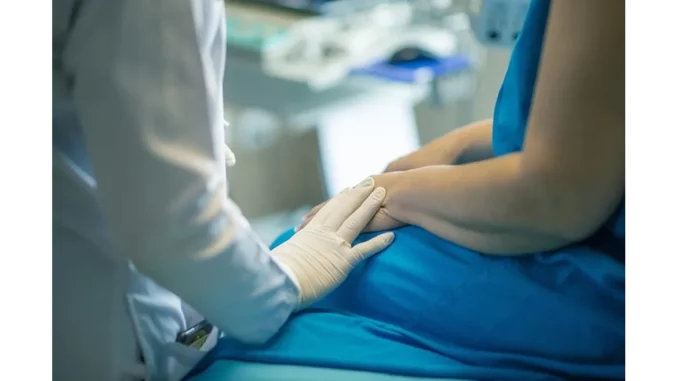
In a recent discussion with Helen Park, an experienced medical tourism consultant and representative of the Medical Tourism Association in the United States, I gained valuable insights into South Korea’s rapidly expanding medical tourism industry. With her vast expertise and recent participation in a comprehensive four-day familiarisation tour organised by the Korean Tourism Organization, Helen provided a unique perspective on South Korea’s offerings, both medical and cultural, aimed at attracting professionals in this burgeoning field.
Helen’s enthusiasm for South Korea was evident as she described the country’s seamless fusion of advanced healthcare and rich cultural heritage. “South Korea has truly positioned itself as a global leader in medical tourism,” she stated, “offering cutting-edge healthcare services at competitive prices, all within a culturally enriching environment.” Her journey through some of South Korea’s leading medical institutions revealed the unique advantages available to international patients.
One of the standout visits during her tour was to Seoul National University Hospital. “The hospital’s pioneering research and comprehensive patient care, particularly in cardiovascular and neurological treatments, left a profound impression on me,” Helen recalled. The expertise and advanced treatment options available at this institution are indeed remarkable. She also praised ASAN Medical Center, one of the largest hospitals in South Korea, highlighting its leading role in cancer treatments and organ transplantation programmes. “Their facilities are equipped with some of the most sophisticated technology, offering world-class cancer care that attracts patients globally,” she noted.
Helen’s exploration also included Nanoori Hospital, renowned for its expertise in spinal and joint care. “Their minimally invasive procedures significantly reduce recovery time,” she explained, emphasising Nanoori’s appeal to medical tourists seeking efficient and effective treatment. Another significant stop was Note Plastic Surgery, which exemplifies South Korea’s leadership in cosmetic and reconstructive surgery. “They focus on personalised care and natural results, providing advanced aesthetic treatments that are highly sought after by international patients,” Helen shared.
Beyond the impressive healthcare infrastructure, Helen was deeply moved by the cultural ethos that underpins South Korean healthcare. “The profound respect and care inherent in Korean culture are evident in their approach to healthcare,” she remarked. This cultural approach, characterised by exceptional kindness, attentiveness, and empathy, fosters an environment of comfort and trust for patients. The Korean government has also played a proactive role in promoting medical tourism. Helen highlighted the significant efforts of the Korea Tourism Organization in showcasing Korea’s medical tourism offerings on a global stage. “Through strategic collaborations with international entities like the Global Healthcare Accreditation, South Korea has experienced a notable increase in international patients,” she observed.
Helen’s experience was further enriched by South Korea’s wellness culture, from traditional Korean spa treatments to its renowned culinary offerings. “South Korea’s approach to holistic well-being is quite impressive,” she remarked, noting that these experiences highlight the country’s commitment to overall health enhancement, rather than just treatment. This holistic perspective reinforces the idea that medical tourism in South Korea offers a comprehensive journey toward health and wellness, encompassing both medical and cultural experiences.
Helen emphasised that South Korea’s appeal as a medical tourism destination is deeply rooted in more than just its advanced healthcare and competitive pricing. “The country’s dedication to excellence in every aspect of life is unmistakably reflected in its healthcare sector,” she concluded. South Korea offers international patients high-quality, person-centred medical services that leave a lasting impression. It truly presents a holistic approach to health and wellness, seamlessly integrating medical expertise with cultural enrichment.
Through Helen’s experiences, it is evident that South Korea’s blend of technological innovation, cultural richness, and commitment to healthcare excellence makes it a premier destination for medical tourism. As the nation continues to innovate and expand its offerings, it stands poised to welcome an ever-growing number of international patients seeking world-class medical care coupled with an enriching cultural journey.


Be the first to comment